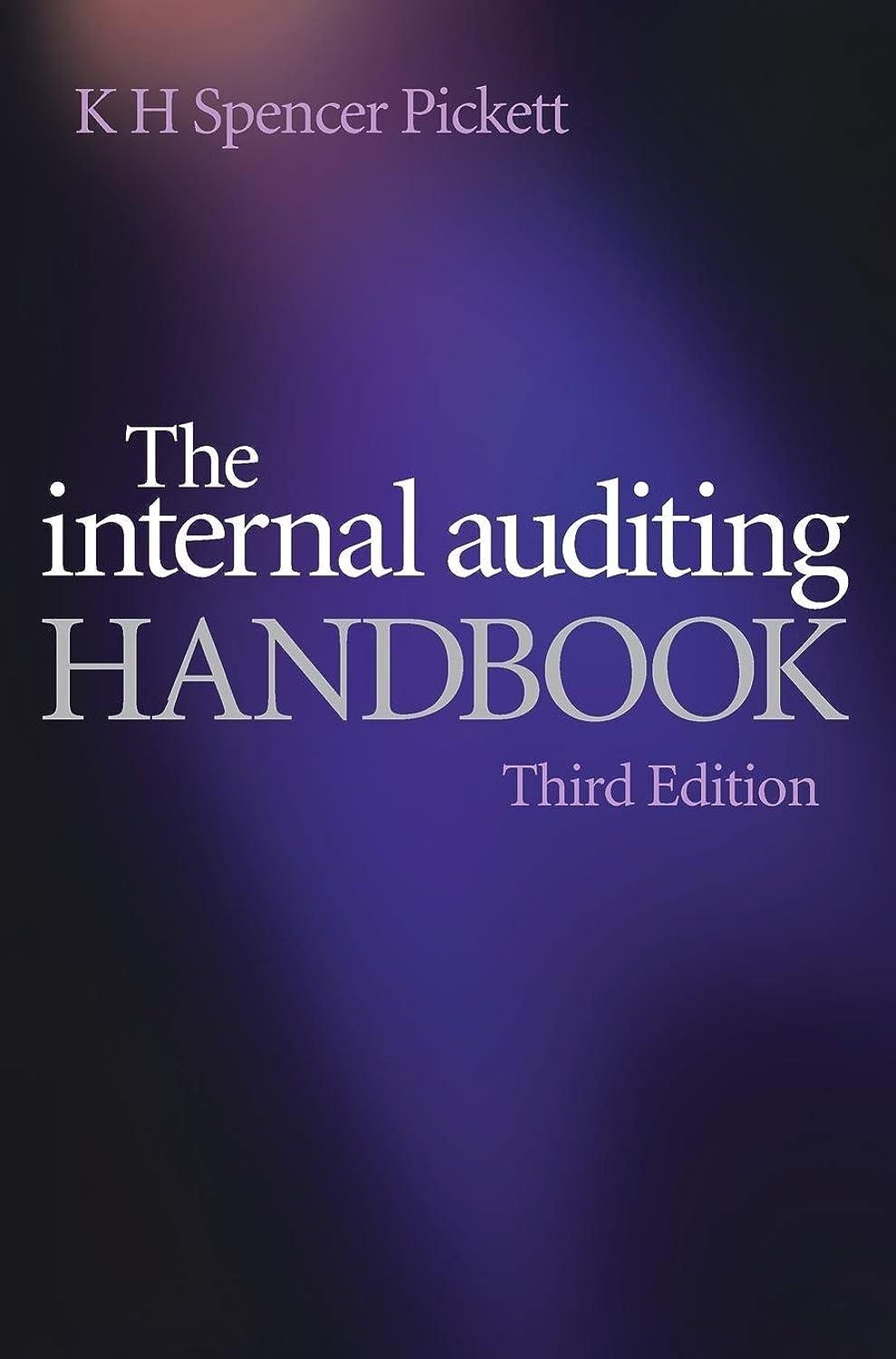Which two statements are least appropriate? In terms of taking internal action against an employee, there are
Question:
Which two statements are least appropriate?
In terms of taking internal action against an employee, there are certain principles that should be followed:
a. Investigate and gather the facts carefully and compile the supporting evidence.
b. Be specific about the charges and let the employee know what the complaint is about.
c. Use counselling, training, support, for less serious problems that demonstrate a learning curve – employee fraud is unlikely to fall into this category as it will tend to be a gross misconduct.
d. Interview the employee and give him/her a chance to state his/her case. The employee should have a right to be accompanied by a trade union representative or colleague during any proceedings against him/her.
e. Introduce the evidence and explain where it came from and give the employee a chance to explain and clarify matters.
f. Determine the need to carry out further enquiries when given new information by the employee.
g. Convene an independent disciplinary hearing where both sides of the case are heard and witnesses examined and cross-examined before the panel adjourn to decide the case.
h. Make clear the decision to both sides.
i. Where the employee stays silent because there is an ongoing court case, then if evidence is sufficiently strong to require no explanation, the employer can go ahead with disciplinary action. The employee can only get an injunction to stop internal discipline where there would be a miscarriage of justice if it went ahead, which is quite rare. It is best to make the internal case about breach of procedure rather than use the terms ‘fraud’ or ‘theft’, which is what the criminal courts will be considering.
j. Make full records of the hearing and ensure that the only copy is filed confidentially on the employee’s personnel record.
k. Provide an appeals mechanism where the employee is not satisfied that he/she has had a fair hearing.
l. An employee on remand has not committed an offence that has been proven so the internal case will have to be investigated.Where they have been given custodial sentence for an offence not related to their work, there may be grounds for dismissal especially if it makes the person unsuitable for the type of work performed or results in frustration of contract. Where an employee conceals a conviction that is not spent, he/she may be dismissed having forfeited the employer’s trust.
m. The employer may give reference to a prospective new employer, but must not refer to the fact that the employee was facing unresolved disciplinary procedure.
n. The case may end up in an employment tribunal which is an independent judicial body comprising a legally qualified person as chairperson and two other members; one drawn from a panel of employer members while the other is drawn from a panel of employee members. In certain circumstances, a tribunal chairperson may sit without lay members.
Step by Step Answer:






